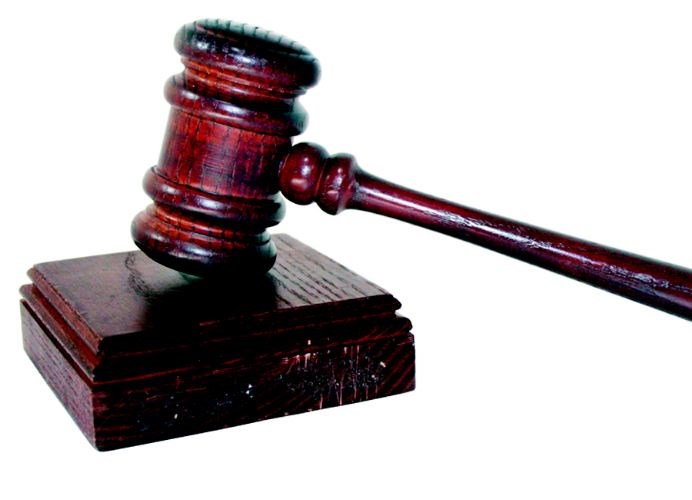Delivering her closing submissions on Thursday, a Crown prosecutor argued Perry Andrew Charlie was a full participant in a drug-related killing of two men - from planning the attack to carrying out the shooting.
Charlie faces two counts of first-degree murder in the deaths of David Laurin Franks of Prince George and Thomas Burt Reed of Burns Lake and a count of attempted murder with a firearm in relation to Bradley William Knight, the sole survivor of the Jan. 25, 2017 targeted shooting.
Co-accused Seaver Tye Miller and Joshua Steven West have each pleaded guilty to two counts of second-degree murder and Aaron Ryan Moore to two counts of criminal negligence causing death and await sentencing.
Over the course of about 2 1/2 hours, Crown prosecutor Marie-Louise Ahrens set out the reasons why she submits that B.C. Supreme Court Justice Marguerite Church should find Charlie guilty as charged.
Crown is theorizing that Franks had offended someone in the local drug culture and was lured to a pullout on Foothills Boulevard near North Nechako Road on the pretext of selling some cocaine to a known customer but with the intent that he be killed.
Unfortunately for Reed, he had offered to drive Franks to the spot in his car, a Chevrolet Malibu, Knight was along for the ride, as was Reed's dog, Molly, who was also killed in the hail of gunfire.
Knight, who had been sitting in the back seat, survived the attack by diving to the floor.
He called 911 once the shooters had left the area, the court has heard.
He testified that the attackers had arrived at the spot in a van and much of the testimony heard during the trial centred on whether Charlie was in the vehicle. Footprints found in the snow were consistent with the tread on the shoes Charlie was wearing at the time of his arrest, Ahrens contended.
She also noted testimony from the van's driver, Thomas Lee, who testified he had driven Miller and Charlie around in the past for money, and pointed to text messages she argued verified Lee's account.
While he was testifying Lee, more than once and without prompting, referred to Charlie as "Unique," a nickname that also appears on the banner of his Facebook page, in drawings found in his home and in the form of a tattoo on one of his forearms, she added.
Ahrens pointed to the seizure of three shotguns found in Miller's home and testimony from Lee's friend, Steven Ray, who had joined Lee for the ride.
Ray testified that four others were in the van by the time they were at the scene and that Moore stayed in the van while the three others got out after covering their faces with balaclavas and hankerchiefs.
Moore was the only one Ray knew by name, and Ahrens invited Church to find by process of elimination that Charlie was one of the three who got out, with guns in hand.
Forensic evidence gleaned from shells found at the scene determined that a handful were fired from each of the weapons, Ahrens submitted.
"It's pretty obvious that this was not precision firing," Ahrens said at one point while referring to a photograph from the crime scene. "The shooters shot at the whole Malibu car, hitting every living thing inside, even the dog."
She described Miller as the corporal and the other three as the foot soldiers recruited to carry out the job. As to Moore, Ahrens said it only made sense that one of the four stay in the van to keep an eye on the driver.
Ahrens also pointed an apparent effort by the four to avoid security cameras as they drove around the city prior to the attack. At one point, the van stopped at a gas station where Ray, and not one of the others, got out to fill up a gerry can as part of a then-aborted idea of burning down a house.
The court had heard that Franks had offered to let Miller show up at his house to purchase about $260 worth of cocaine, yet he was convinced to go to a semi-isolated location to make the sale, Ahrens said.
"Whoever heard of a simple drug deal for a small amount of being so hedged about with precautions?" Ahrens said, and added the choice of hiring someone to drive them when they had access to vehicles at their homes "suggests an unusual desire for anonymity."
Defence counsel Jason LeBlond will give final submissions on behalf of the accused on Friday.


